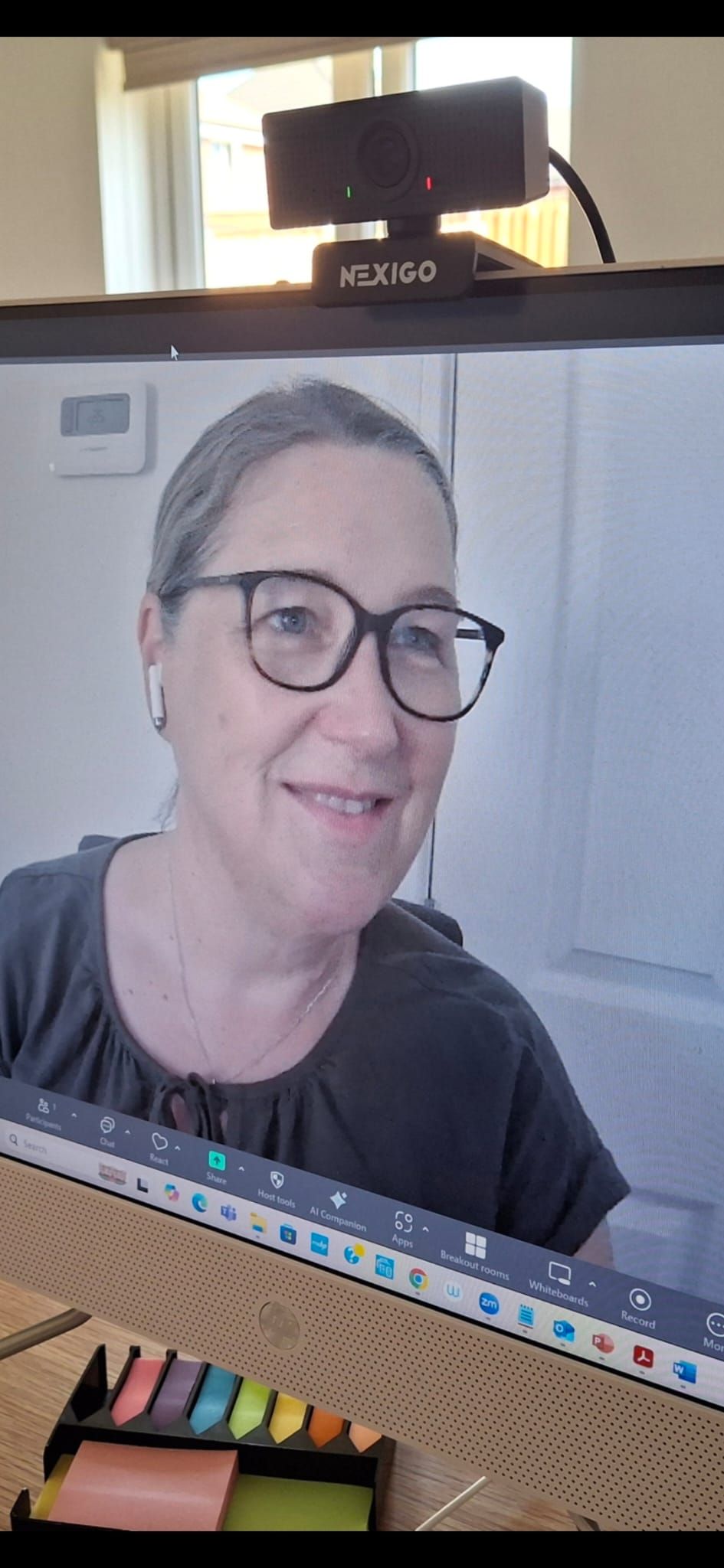Friday 11th July - How arriving late to a meeting with AQA turned out to be a really wise teaching move

In the days before mobile phones and the ability to quickly message someone that you’d be late, I was delayed by quite some time getting to a meeting in Manchester at AQA. By the time I arrived, the meeting was already in full swing. The presenters were mid-flow, the room was silent and attentive, and I had no choice but to scurry to the first available seat — which just so happened to be at the front of the meeting. I didn’t have time to gather myself or think — I just dived headlong into the presentations.
If I remember rightly, this particular meeting was focused on curriculum changes, and I’d been tasked with leading and implementing these within my department. As is often the case, there were group activities and discussions built into the session, so I naturally ended up chatting to the people around me.Then came the coffee break.The gentleman to my left turned to introduce himself — and that’s when I found out I’d been sat next to the chief examiner for AQA English. My heart sank a little. Cue the mental replay of every single thing I’d said during the morning: Had I said anything daft? Had I moaned about exam papers or laughed too loudly at something inappropriate? Thankfully, he was a lovely man. Warm, kind, and generous with his advice. And one thing he said has stuck with me throughout my career — something I now tell every single one of my students:
“Hayley, if your students are using words that they could have used in Year 4 or Year 5, then they’re not showing that they’re GCSE-ready. They’re not showing that they’re going to achieve a Grade 9.”
That hit me. Hard. And he was right. Since that day, I’ve always placed a strong emphasis on vocabulary — not just learning ‘fancy’ words for the sake of it, but learning how to express themselves more precisely, more effectively, and more ambitiously. Words matter. They shape how students are perceived, how confidently they come across, and ultimately, what grade they walk away with.So for example - ambitious words to use in Romeo and Juliet :
- Impulsive – Romeo doesn’t just fall in love; he rushes, leaps, acts on emotion rather than thought.
- Fatalistic – Juliet’s acceptance of fate, destiny, and doom.
- Transgressive – Their love crosses boundaries: social, familial, generational.
- Naïve – A subtle word that shows complexity — youthful love, but with blind spots.
- Inevitable – So much of the play moves towards an ending we cannot stop.
This is what I teach all of my students: Ambitious vocabulary is key.
It’s why we practise it early. It’s why I encourage students to embed sophisticated language into their literature essays. And it’s one of the most effective tools we have to show examiners that yes — this student is GCSE ready.
I hate arriving late - but on this occasion - arriving late and being forced to sit at the front was a great move!